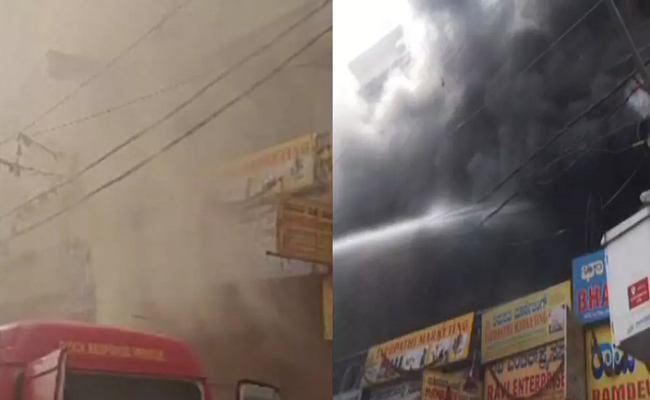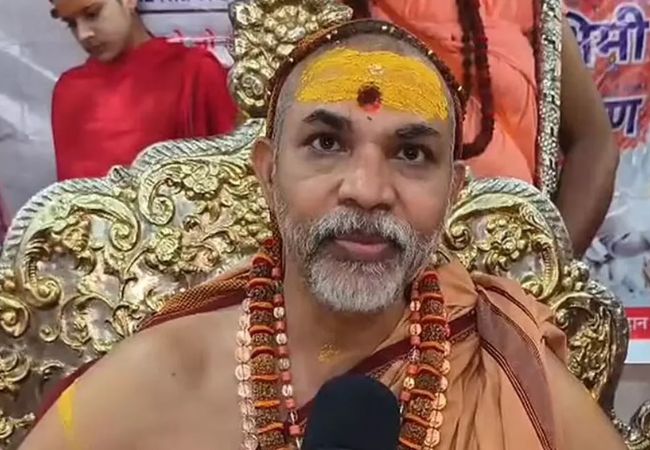Colombo: Just a few weeks ago, Pakistan held the coveted number 1 ranking in One Day Internationals (ODIs) and were considered strong contenders for the Asia Cup 2023 title. However, their premature exit from the tournament has reportedly sparked internal discord within the team. The Pakistan cricket team, led by captain Babar Azam, finished at the bottom of the Super 4 points table with just one victory.
Reports from Pakistani media have revealed that tensions flared in the dressing room after Pakistan's defeat to Sri Lanka, sealing their exit from the Asia Cup 2023.
According to Bolnews, Babar Azam and star bowler Shaheen Shah Afridi engaged in a heated argument, necessitating the intervention of wicketkeeper-batsman Mohammad Rizwan to defuse the situation.
The report suggests that Babar Azam expressed his dissatisfaction with the performances of the senior players. The 28-year-old captain confronted the senior members of the team, urging them to deliver better results.
The situation escalated when Shaheen Shah Afridi interrupted Babar Azam, advising him to acknowledge the contributions of players who had performed well. Babar, reportedly irked by the interruption, asserted that he was aware of the team's performance and the need for improvement.
Recognizing the escalating tension, Mohammad Rizwan and head coach Grant Bradburn intervened to diffuse the situation. Subsequently, Babar Azam attended the press conference and later headed straight to the team bus and the hotel without engaging with other players.
To address the team's performance and plan for the ICC ODI World Cup 2023 in India, PCB Chief Zaka Ashraf has formed a cricket committee tasked with reviewing player performances and strategizing squad selections.
Let the Truth be known. If you read VB and like VB, please be a VB Supporter and Help us deliver the Truth to one and all.
Mumbai (PTI): The rupee rose 6 paise to 90.85 against the US dollar in early trade on Thursday on the back of a weaker greenback and FII inflows.
A positive start to the session at the domestic equity markets lent further support to the local unit while a rise in global crude oil prices, coupled with geopolitical uncertainties, capped sharp gains, according to forex traders.
At the interbank foreign exchange, the rupee opened at 90.86 against the greenback before inching up to 90.85, higher by 6 paise from its previous close.
The rupee stayed range-bound and settled with a gain of 4 paise at 90.91 against the US dollar on Wednesday.
"As the dollar index fell and Asian currencies gained today (Thursday) the rupee opened higher... A risk-on sentiment in the markets and RBI selling near 91.00 levels ensured yesterday (Wednesday) also that rupee is unable to cross 91.00 levels with FPIs being buyers of equity and sellers of dollars," Anil Kumar Bhansali, Head of Treasury and Executive Director, Finrex Treasury Advisors LLP, said.
Meanwhile, the dollar index, which gauges the greenback's strength against a basket of six currencies, was trading 0.13 per cent down at 97.57.
Brent crude, the global oil benchmark, rose 0.21 per cent to USD 71.00 per barrel in futures trade.
On the domestic equity market front, the Sensex climbed 303 points to 82,579.16 in early trade, while the Nifty rose 85.1 points to 25,567.60.
On Wednesday, foreign institutional investors purchased equities worth Rs 2,991.64 crore, according to exchange data.





